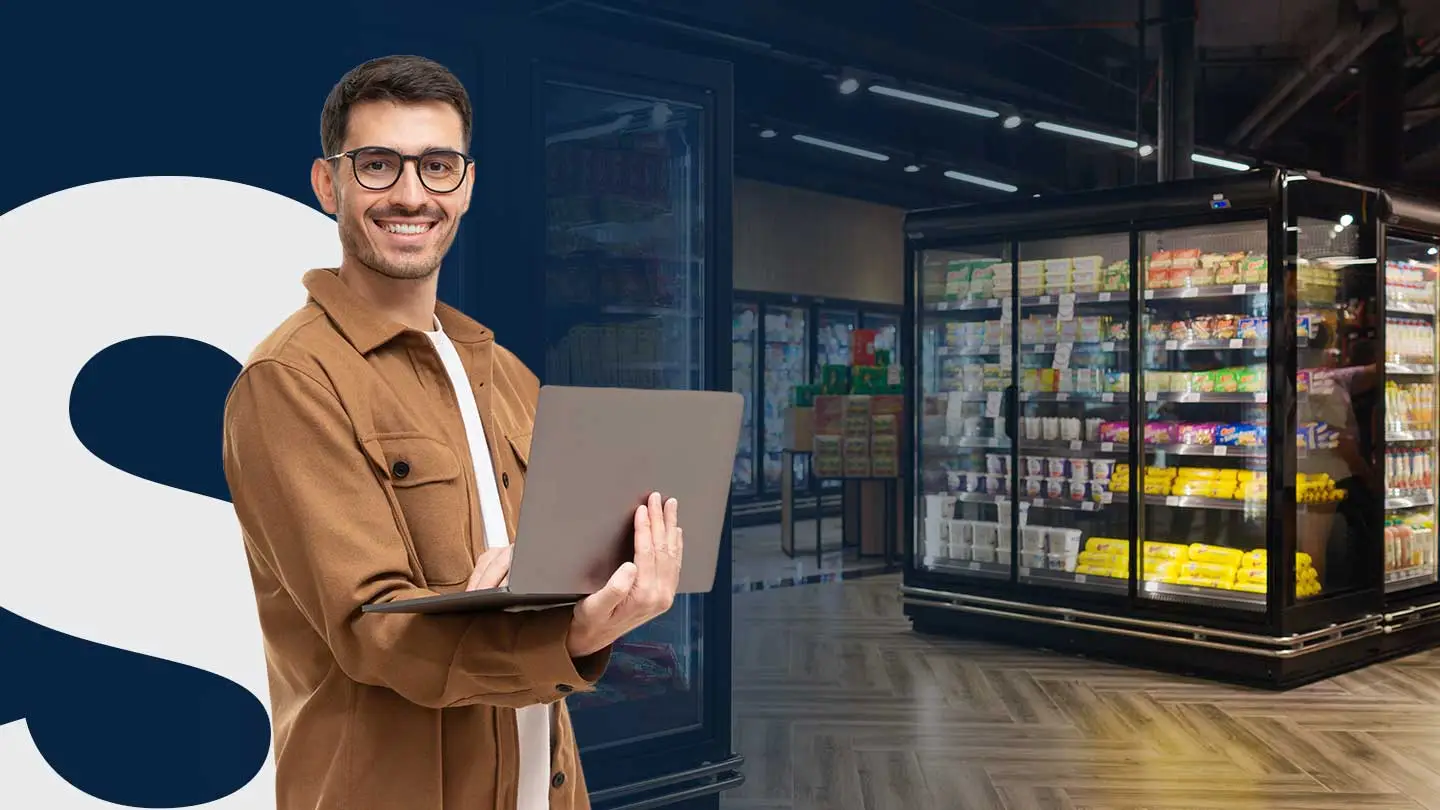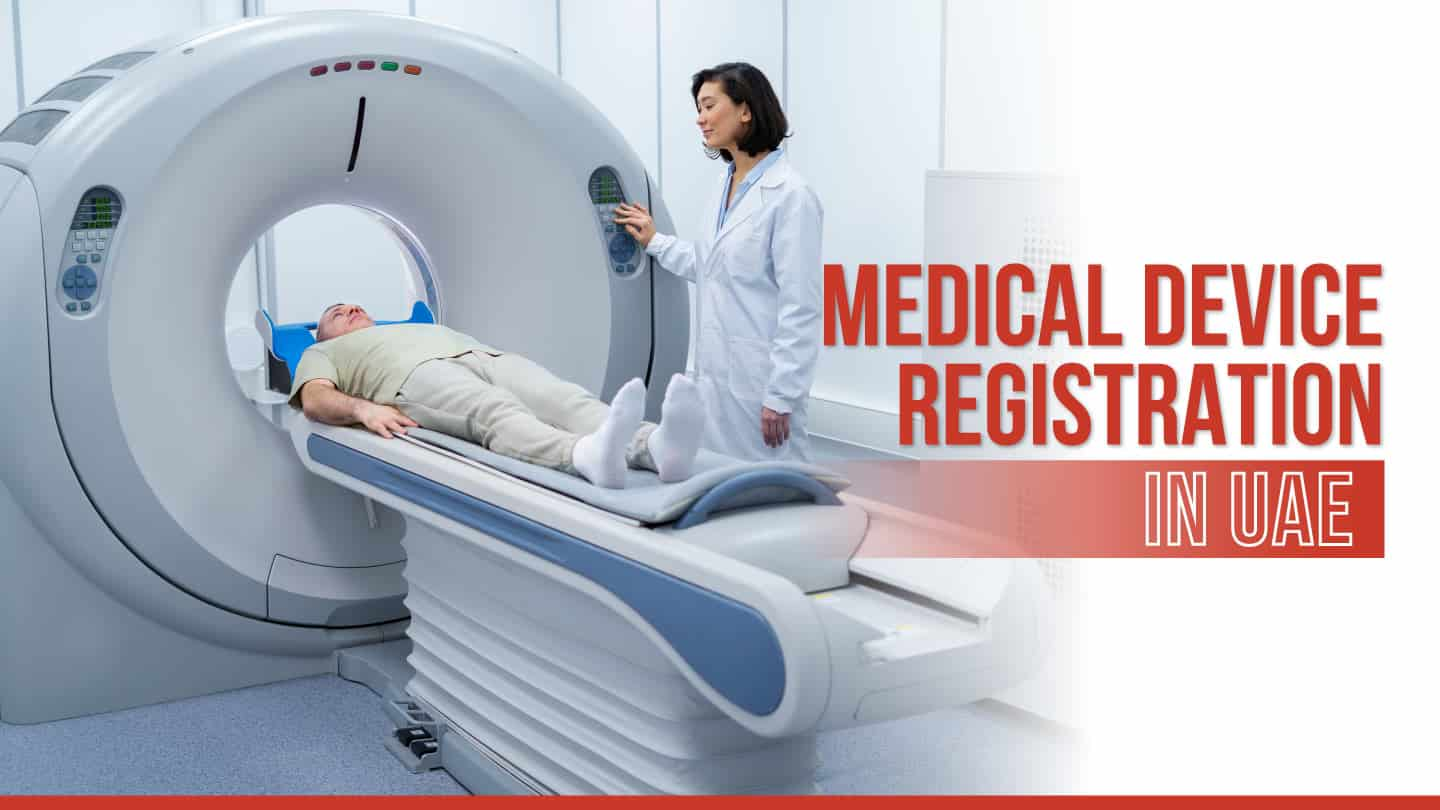Are you dreaming of launching your own food and beverage business in Dubai? With its vibrant culinary scene, diverse population, and booming tourism industry, Dubai offers an exciting and profitable market for entrepreneurs, especially those from abroad.
Whether you’re a seasoned restaurateur or an aspiring café owner, understanding how to start a food and beverage business in Dubai for foreigners is key to entering this growing industry.
In this guide, we’ll explain the essential steps, regulations, and insider tips for turning your culinary vision into a thriving venture in one of the world’s fastest-growing hospitality hubs.
Is starting a Food and Beverage Business in Dubai Profitable?
Yes, starting a food and beverage business in Dubai is profitable. It’s an attractive destination for entrepreneurs, investors, and foreigners.
With a dynamic market, supportive regulations, and a diverse consumer base, the city offers ample opportunities for those looking to establish a food and beverage business in Dubai.
Market Overview: Current Statistics and Projections
- Retail Sales: The UAE’s retail sales of fresh and packaged food products reached US$16.3 billion. Fresh food sales amounted to US$9.1 billion, while packaged food sales were US$7.2 billion.
- Food Services Sector: Valued at US$17.2 billion in 2023, the sector is projected to grow to US$22.7 billion by 2028, reflecting a 5.7% CAGR.
- E-commerce: Consumer spending on food via e-commerce platforms totalled US$1.1 billion in 2024, with a projected 12.2% CAGR from 2025 to 2028.
- Food Service Market: The UAE food service market was valued at US$16.58 billion in 2024 and is expected to reach US$50.21 billion by 2033, exhibiting a 12.20% CAGR from 2025 to 2033.
Opportunities for Foreign Investors
Starting a food and beverage business in Dubai for foreigners is facilitated by the city’s business-friendly environment:
- 100% Foreign Ownership: Dubai allows full foreign ownership in many sectors, including F&B, especially within free zones.
- Regulatory Support: The Dubai Municipality oversees food safety and licensing, ensuring high standards and streamlined processes.
- Investment Influx: Between 2020 and 2024, Dubai’s F&B sector attracted US$370.3 million in new foreign direct investment.
Consumer Trends Driving Growth
- Diverse Demographics: With expatriates comprising over 80% of the UAE’s population, there’s a high demand for international cuisines.
- Health and Sustainability: Consumers increasingly seek health-conscious and sustainable dining options, prompting businesses to adapt their offerings.
- Convenience: Dubai’s fast-paced lifestyle has led to a surge in demand for quick-service restaurants and ready-to-eat meals.
Infrastructure and Strategic Advantages
- Logistics Hub: Dubai’s prime location and advanced infrastructure make it a central hub for food trade in the Middle East.
- Tourism Boost: Recently, Dubai welcomed 17 million international visitors, bolstering the demand for diverse dining experiences.
Future Outlook
The food and beverage business in Dubai is poised for continued growth, driven by factors such as:
- Technological Innovations: Investments in restaurant technology and agritech are enhancing operational efficiency and sustainability.
- Culinary Diversity: The city’s multicultural population fosters a rich culinary landscape, encouraging the introduction of new cuisines and dining concepts.
- Government Initiatives: Policies promoting foreign investment and business development create a conducive environment for F&B ventures.
In conclusion, starting a food and beverage business in Dubai offers promising opportunities for foreigners, backed by strong market growth, supportive regulations, and a diverse consumer base. Staying attuned to emerging trends and consumer preferences will be key to success in this dynamic sector.
Read also: How to Get a Food License in Dubai
Why Choose Dubai to Starting a Food and Beverage Business
Starting a food and beverage (F&B) business in Dubai offers several advantages due to the city’s economic landscape, global connectivity, and business-friendly environment. Here are the key benefits:
1. Gateway to International Markets
Dubai’s prime location at the crossroads of Europe, Asia, and Africa makes it a powerful launchpad for food and beverage businesses aiming for global reach. The city’s well-connected ports and airports offer seamless import and export channels.
It allows F&B entrepreneurs to efficiently source ingredients and distribute products beyond the UAE. However, this makes Dubai an ideal hub for local operations and international expansion.
2. Growing Dining-Out Culture
Dining out is deeply embedded in the lifestyle of Dubai’s residents and visitors. With a high frequency of restaurant visits per capita, consumers in Dubai actively seek diverse and premium dining experiences.
The cosmopolitan population and a growing number of tourists further fuel this trend, creating a consistent demand for everything from fine dining to street food, making the city a profitable place for new food concepts to flourish.
3. Pro-Business Ecosystem
Dubai offers one of the most business-friendly climates in the region. Entrepreneurs benefit from government initiatives that simplify business setup, such as low taxation, minimal bureaucracy, and support through free zones customised to F&B ventures.
Licensing, permits, and visa processes are generally streamlined, and platforms like Dubai Economy and Dubai SME offer guidance and incentives to help startups establish quickly and legally.
4. Culinary Diversity and Market Openness
One of Dubai’s most significant advantages is its cultural diversity, which is reflected in its food scene. From authentic Indian street food and Emirati cuisine to contemporary vegan cafés and global fusion menus, the city’s population is open to experimenting with new flavours.
This encourages creativity and reduces the risks of launching non-traditional or niche food and beverage concepts.
5. Top-Tier Infrastructure for F&B
Dubai boasts modern infrastructure that supports food and beverage operations at every stage, from advanced food processing zones and cold storage solutions to high-end retail spaces and delivery logistics.
Top hospitality, packaging, and transportation facilities help maintain quality, efficiency, and scalability. The city also has dedicated commercial areas and co-working kitchens customised for F&B startups.
6. Innovation-Driven Consumer Preferences
Dubai’s consumers are highly engaged with the latest health, sustainability, and technology trends. There is a growing appetite for organic foods, plant-based alternatives, farm-to-table models, and tech-enhanced dining experiences like smart ordering and delivery apps.
This openness to innovation allows businesses to differentiate themselves with forward-thinking concepts and eco-conscious practices.
7. Visibility Through Tourism and Global Exposure
As one of the world’s top tourist destinations, Dubai hosts millions of international visitors annually and regularly hold global expos, food festivals, and high-profile events.
These platforms provide unparalleled exposure for F&B brands and help attract customers and investors. Whether setting up a food stall at a significant event or opening a flagship restaurant in a popular mall, Dubai’s visibility can rapidly elevate a brand’s profile.
Read also: How to Open a Restaurant in Dubai
How to Start Food and Beverage Business in Dubai
Starting a food and beverage business in Dubai is an exciting opportunity given the city’s thriving hospitality sector and diverse population.
Whether you are a local entrepreneur or planning a food and beverage business in Dubai for foreigners, understanding the legal, operational, and cultural aspects is crucial to success. Here’s a detailed step-by-step guide to help you navigate the process:
Step 1: Conduct Market Research and Feasibility Study
Start with comprehensive market research before launching your food and beverage business in Dubai. Identify your target audience, competitors, food trends, and customer preferences in Dubai’s diverse market. This helps you decide your niche—whether it’s a café, restaurant, food truck, catering service, or speciality food store.
- Analyse demand for cuisine types and price points.
- Study the location’s foot traffic and demographics.
- Understand legal restrictions around food types, especially halal requirements.
Step 2: Decide Your Business Model and Location
Dubai offers multiple business setups, including mainland, free zone, and offshore companies. Free zones are often preferred by foreigners for a food and beverage business in Dubai.
Step 3: Develop a Business Plan
A solid business plan is essential, especially if you seek investors or bank financing. Include:
- Executive summary
- Market analysis
- Marketing and sales strategies
- Operational plan
- Financial projections
- Compliance and licensing steps
This plan should reflect the unique aspects of the food and beverage business in Dubai market and regulatory environment.
Step 4: Register Your Business and Obtain Licenses
Register your business with the Dubai Department of Economic Development (DED) if on the mainland, or with the relevant free zone authority. The key licenses for a food and beverage business in Dubai include:
- Trade License (Commercial or Professional License)
- Food Establishment Permit (issued by Dubai Municipality)
- Food Safety Certification
- Liquor License (if applicable)
Foreign investors in a food and beverage business in Dubai for foreigners must submit all required documents, such as passport copies, business plan, and proof of capital.
Step 5: Choose and Set Up Your Premises
Once licenses are secured, find a location that fits your business model. The premises must comply with Dubai Municipality’s food safety and health regulations.
- Ensure the kitchen and storage meet hygiene standards.
- Design your space according to local culture and preferences.
- Obtain all required inspections and approvals.
Step 6: Source Equipment, Suppliers, and Staff
Procure kitchen equipment, furniture, and supplies from reliable vendors. Establish relationships with food suppliers who comply with Dubai’s food safety standards, including halal certification.
- Hire qualified staff with experience in food handling and customer service.
- Train your team on hygiene practices and service excellence.
Step 7: Implement Marketing and Branding Strategies
To attract customers in Dubai’s competitive food scene:
- Build a strong brand identity.
- Use social media marketing, food delivery apps, and partnerships.
- Host launch events or offer promotions.
Step 8: Launch and Operate Your Business
After all preparations, launch your food and beverage business with a soft opening to gather feedback. Monitor operations closely, maintain food safety standards, and continuously improve customer service.
Step 9: Comply with Ongoing Regulations and Renewals
Maintain compliance with Dubai Municipality and other regulatory bodies. Renew licenses annually and keep up-to-date with changes in food safety laws or business regulations.
Starting a food and beverage business in Dubai requires careful planning, legal compliance, and market understanding. For foreigners, choosing the right business setup and obtaining the necessary licenses are key steps to successfully entering Dubai’s lucrative food sector.
Documents Required to Start a Food and Beverage Business in Dubai
Starting a Food and Beverage (F&B) business in Dubai requires obtaining the right licenses and preparing several documents. Here’s a general list of the key documents you’ll need to get started:
- Completed application form for a trade license
- Business plan
- Passport copies
- Visa copies
- No Objection Certificate (NOC)
- Approval from the Dubai Municipality’s Food Safety Department
- Food safety training certificates for staff (usually mandatory)
- Health certificates for employees
- Ejari certificate (registered tenancy agreement)
- Application for Food License
- Detailed layout plan of the kitchen and dining area
- Menu details
- Memorandum of Association (MOA)
- Passport-sized photographs of owners/shareholders
- Emirates ID copies (for UAE nationals or residents)
- No Objection Certificate from the landlord (sometimes required)
- Liquor license (if selling alcohol, issued by Dubai Police and Dubai Municipality)
- Outdoor seating permit (if applicable)
- Import permits (for importing food products)
Note: The exact documents may vary based on the type of F&B business (restaurant, café, catering, food truck, etc.) and the location (Free Zone vs Mainland).
Cost of Setting Up a Food and Beverage Business in Dubai, UAE
The food and beverage business cost in Dubai typically ranges from AED 20,000* to AED 50,000*. However, the final setup cost depends on various factors such as the business model, location, type of license, and number of visas required.
To get an accurate estimate customised to your needs, contact Shuraa Business Setup for expert assistance.
How Shuraa Can Assist You to Start Your Food and Beverage Business!
Starting a food and beverage business in Dubai presents a remarkable opportunity for local and international entrepreneurs. With its prime location, diverse consumer base, strong infrastructure, and pro-business policies, Dubai offers the ideal environment to launch and grow your F&B venture. Whether you’re introducing a unique dining concept or expanding an existing brand, the city’s dynamic hospitality industry provides fertile ground for innovation and profitability.
Dubai’s business landscape is especially welcoming for foreigners. It allows 100% ownership in many sectors and offers streamlined licensing processes within free zones. With strong growth projections and a rising demand for global cuisines, health-conscious options, and tech-driven dining experiences, the potential for success is immense.
Understanding the steps to launch your venture, from licensing to marketing, is key. Equally important is having a clear view of the food and beverage business in Dubai cost, which can vary depending on your setup model, location, and scale.
Ready to Turn Your Culinary Dream into Reality? Launching your food and beverage business in Dubai has never been easier! Let Shuraa guide you every step of the way.
- Call us: +971 4 408 1900
- WhatsApp: +971 50 777 5554
- Email: info@shuraa.com
Get prompt assistance and start your F&B venture in Dubai with confidence!
Frequently Asked Questions (FAQs)
1. Do I need a license to sell food in Dubai?
Yes, a food license from Dubai Municipality and a trade license from the Department of Economic Development (DED) are required.
2. Can a foreigner open a restaurant in Dubai?
Yes, foreigners can open a restaurant in Dubai, either through a local sponsor or in a free zone.
3. Can I open a business in Dubai if I don’t live there?
Yes, you can set up a business remotely by appointing a local agent or using a business setup service.
4. How do I register my food business in Dubai?
Register with the DED, get approvals from Dubai Municipality, and obtain all necessary permits and licenses.
5. Do I need a license to sell homemade food in Dubai?
Yes, you must apply for a home business license and comply with food safety regulations.
6. How can I start a small food truck business in Dubai?
Secure a trade license, get Dubai Municipality approval, and apply for a food truck permit through RTA and other authorities.
7. What are the Food business setup options in Dubai?
Options include mainland businesses, free zone companies, home-based food businesses, and food trucks.
Disclaimer: The information in this post is for general guidance only and may change due to updates in government policies or regulations.










